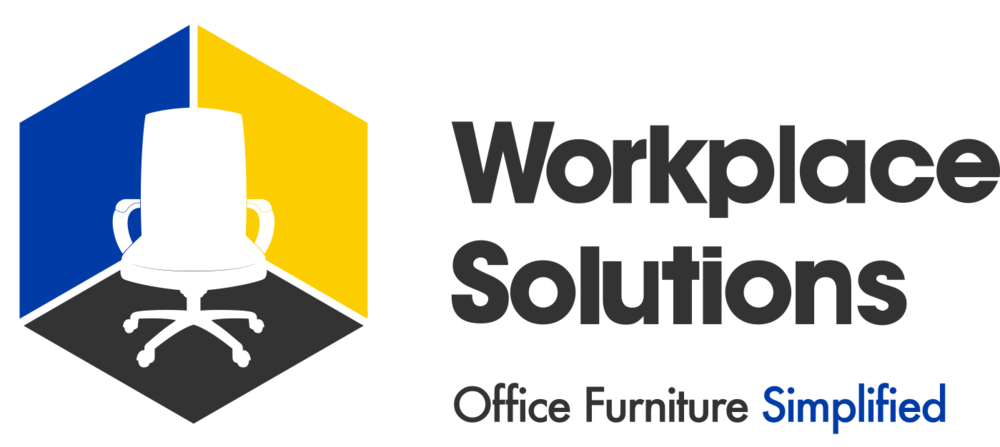Original article by Forbes
As organizations sort through the most ideal work arrangements that mix positive employee experiences with productivity, there’s a growing recognition that the old-style offices (pre-2020 that is) just aren’t cutting it anymore. We’re not talking about the nondescript cubicles, but the whole thinking behind what makes a workplace a workplace.
A recent survey of 2,000 workers out of Gensler Research Institute shows that many workplaces aren’t ready for the new world of hybrid and remote work. “The workplace doesn’t seem to be working for the critical work activity in which employees spend most of their time — working alone, 34% of a typical work week,” the survey finds. “Providing the right physical work environment, which minimizes noise, distractions, and interruptions, is important to keep people focused on their work and working at their best.”
The Gensler data also showed that spaces for individual quiet work, such as quiet zones, focus rooms, and rest spaces, as well as spaces for creative group work, such as innovation hubs, maker spaces, and dedicated team rooms, positively impacted space effectiveness and experience scores.
“We’re seeing companies flee older Class B and C buildings for high-quality Class A offices that are in great locations,” according to Janet Pogue McLaurin and Anita Grabowska, the report’s authors. “We’re noticing an increase in demand for hospitality-like amenities in and around these buildings — all in an effort to make the office feel like a destination rather than an obligation.”
An important piece of tis is balancing remote work opportunities with the need for the serendipity that propels innovation in new directions. Some forward-looking companies have seen the future, and recognize that they need to rethink the way they design their office buildings. For example, PUMA North America opened a new corporate headquarters in Somerville, Massachusetts with more flexible work in mind. “Our new headquarters was designed to modernize our way of working and promote in-person collaboration, while still supporting a hybrid work model,” says Bob Philion, CEO and President of PUMA North America. “The space offers collaborative hubs throughout each floor and features designated rooms for product testing, design, and cross-functional team ideation. The new headquarters accelerated our digital-first approach to collaboration, allowing us to create a space perfectly suited for the future of work –– which to us is hybrid.”
The new PUMA facility also incorporates special designs that “include enhanced video and audio technology to ensure a seamless transition for meetings where some employees are in person and others are remote,” Philion states.
PUMA’s hybrid model of work is not only intended to enable employees to maintain a better work-life balance, but also “sparking creativity through what I like to call ‘15-minute collisions’ in the office,” he continues. “These quick moments of in-person collaboration are instrumental to our business and a great way to exchange creative ideas, whether that be in the office hallway, a collaboration space, or heating up your lunch in the kitchen.” Core to this is “encouraging core in-person meeting hours from 10 a.m. to 4 p.m. daily to support flexible commuting, enabling our teams to avoid traveling during peak traffic times.”
The Gensler study confirms that workers in high-performing workplaces “are almost twice as likely to report that the office positively contributes to their personal well-being, career advancement, and job satisfaction. They also report that they ideally want to work in the office more regularly than they currently do. This suggests that the workplace can be a critical tool for talent attraction and retention.” Tellingly, given a choice, they would opt to spend more time in their workplaces. But it takes a comfortable and energizing environment to make things more attractive.

